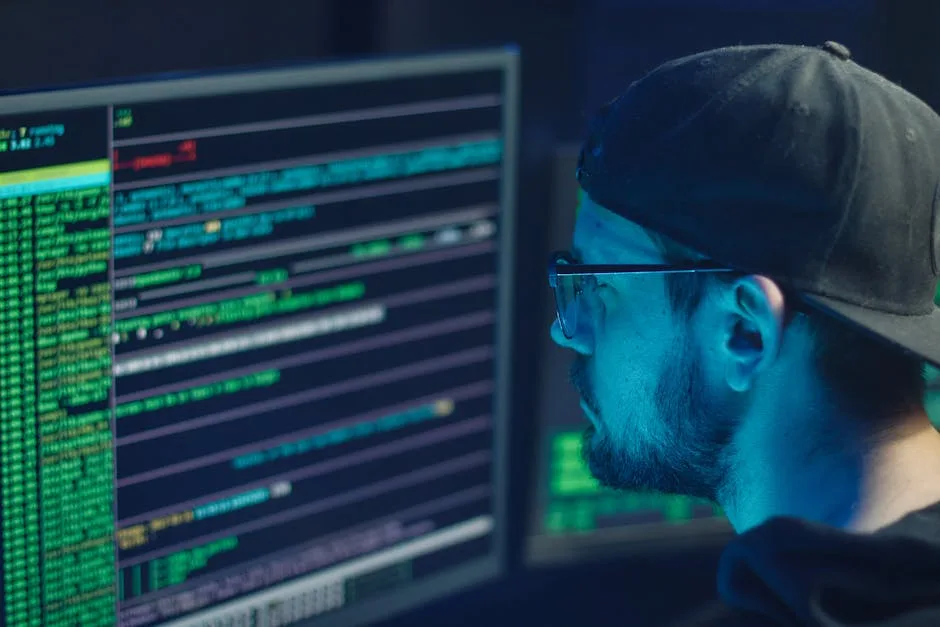
OpenAI CEO Sam Altman’s recent warnings about AI-generated voice fraud highlight a growing threat to financial systems and personal security. As synthetic voice technology advances, attackers can now bypass authentication systems with startling ease, raising urgent questions about mitigation strategies and industry accountability1. This article examines the technical risks, real-world incidents, and proposed countermeasures relevant to security professionals.
The Scope of AI Voice Fraud
Current voice cloning tools require as little as 3 seconds of audio to produce convincing impersonations, enabling attacks ranging from bank fraud to social engineering2. In one confirmed case, criminals stole $850,000 using a deepfake of actor Brad Pitt’s voice to bypass authentication checks3. Financial institutions face particular risk, as voiceprints—once considered secure—are now “fully defeated” by AI according to Federal Reserve Vice Chair Michelle Bowman4.
Emerging threats extend beyond audio. CNN reports that video deepfakes capable of defeating multi-factor authentication are imminent, while The Economic Times warns that OpenAI’s experimental ChatGPT Agent could be weaponized if not properly secured5. These developments create a perfect storm for identity fraud at scale.
Technical Countermeasures and Gaps
OpenAI proposes behavioral biometrics and hardware-based authentication like “The Orb” as potential solutions2. The Federal Trade Commission has launched a voice-cloning detection challenge, and researchers are developing audio analysis tools:
from deepfake_detector import analyze_audio
def detect_clone(audio_sample):
return analyze_audio(audio_sample, threshold=0.95)However, detection remains reactive. AP News notes that 72% of teenagers now use AI companions, with 50% trusting their advice—creating a generation vulnerable to synthetic voice scams6. Younger teens (13-14) demonstrate higher trust levels than older peers, suggesting age-specific targeting opportunities for attackers3.
Industry and Regulatory Responses
OpenAI plans to open a Washington, DC policy office to shape AI regulation, while the Federal Reserve explores partnerships with tech firms to develop fraud detection tools4. Critics argue that AI companies must bear responsibility for misuse, particularly when monetizing voice synthesis APIs1.
The technical community faces three immediate challenges: developing reliable detection methods, hardening authentication systems against synthetic media, and educating users about emerging threats. As Altman noted, “We’re sleepwalking into a crisis where AI can impersonate anyone”3—a warning that demands both technical and policy solutions.
References
- “Sam Altman says AI voice fraud is a massive risk to your money”. The Washington Post. 2025-07-25.
- “OpenAI CEO warns of an AI ‘fraud crisis'”. CNN. 2025-07-22.
- “Sam Altman is ‘terrified’ of AI-fueled fraud crisis”. The Economic Times. 2025-07-23.
- “OpenAI’s Sam Altman warns of AI voice fraud crisis in banking”. AP News. 2025-07-22.
- “OpenAI CEO Sam Altman says AI has life-altering potential, both for good and ill”. News From The States. 2025-07-23.






